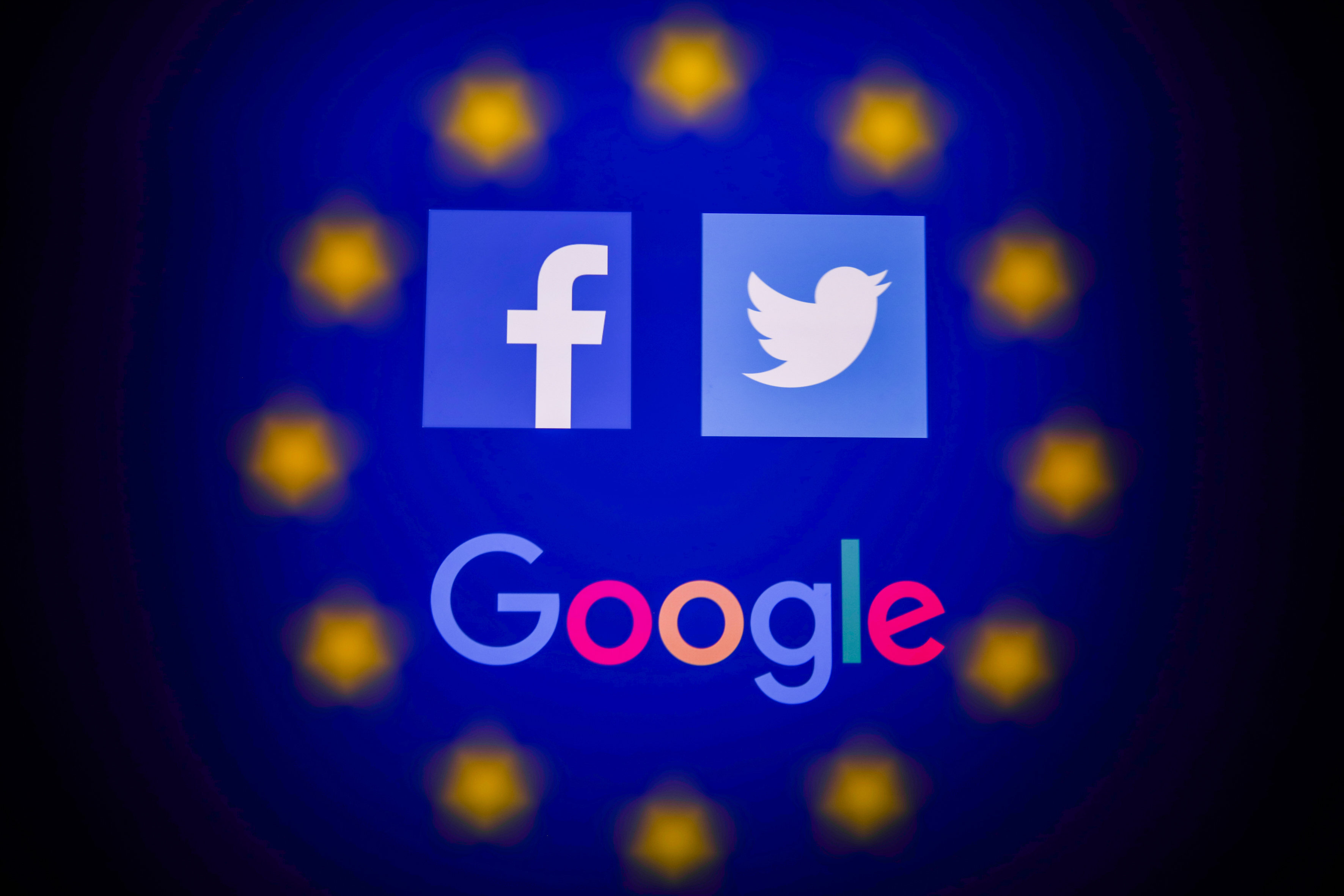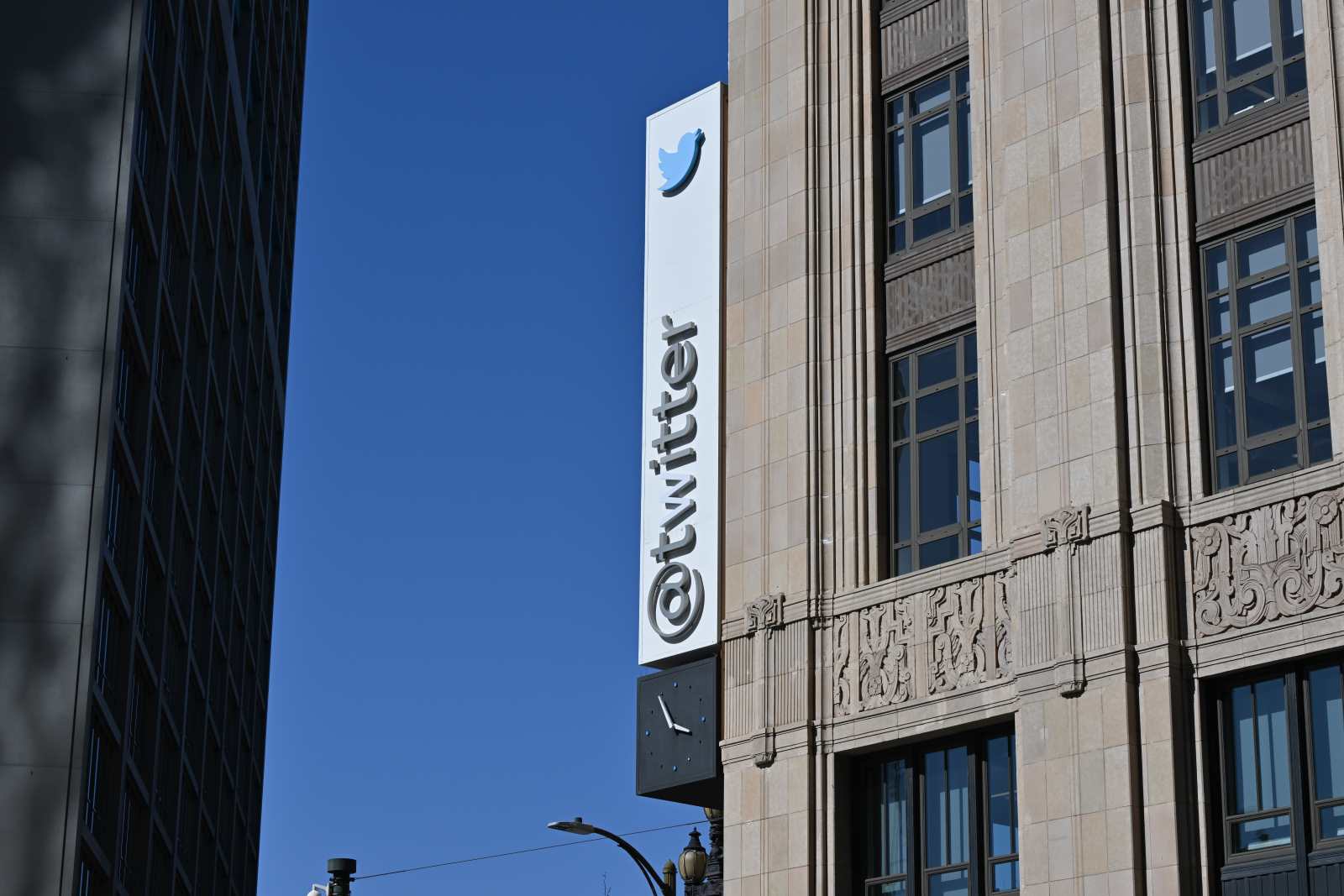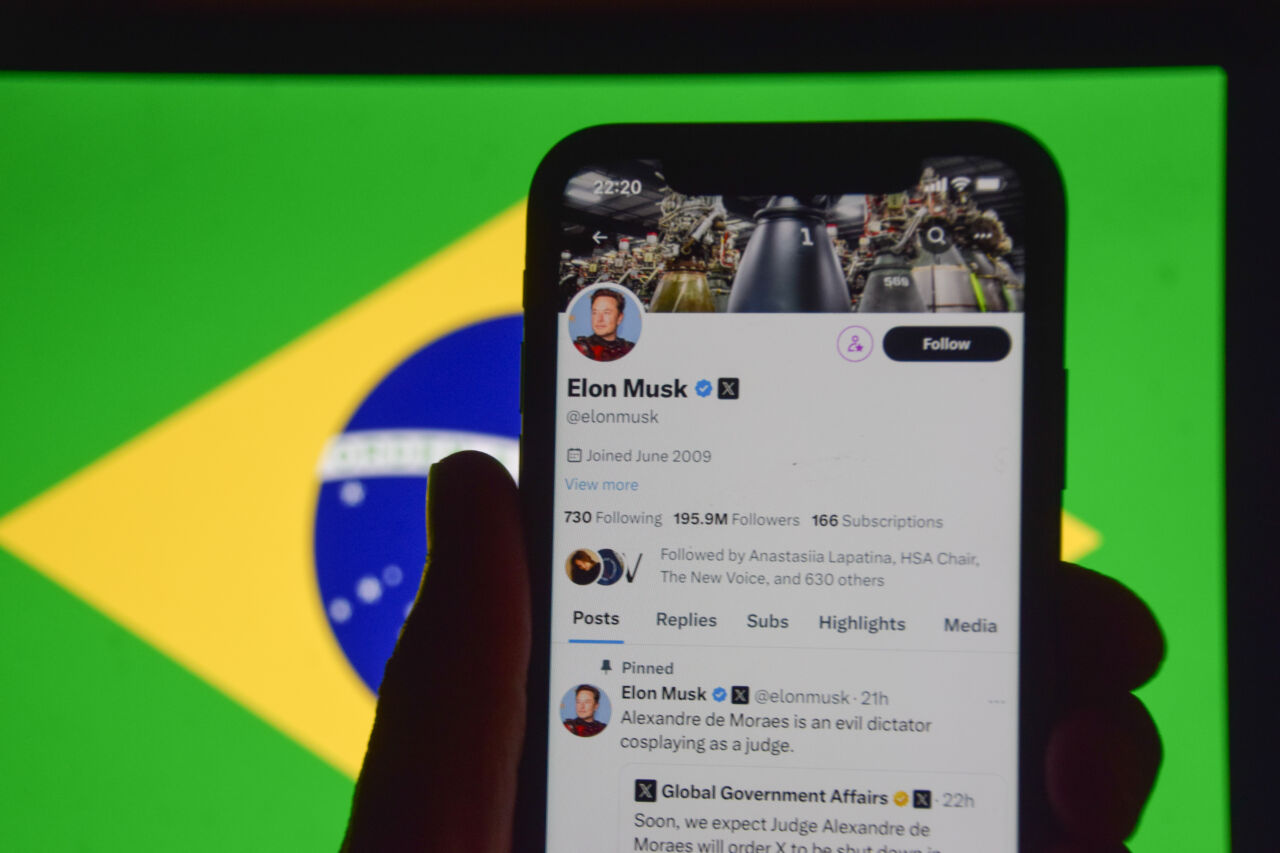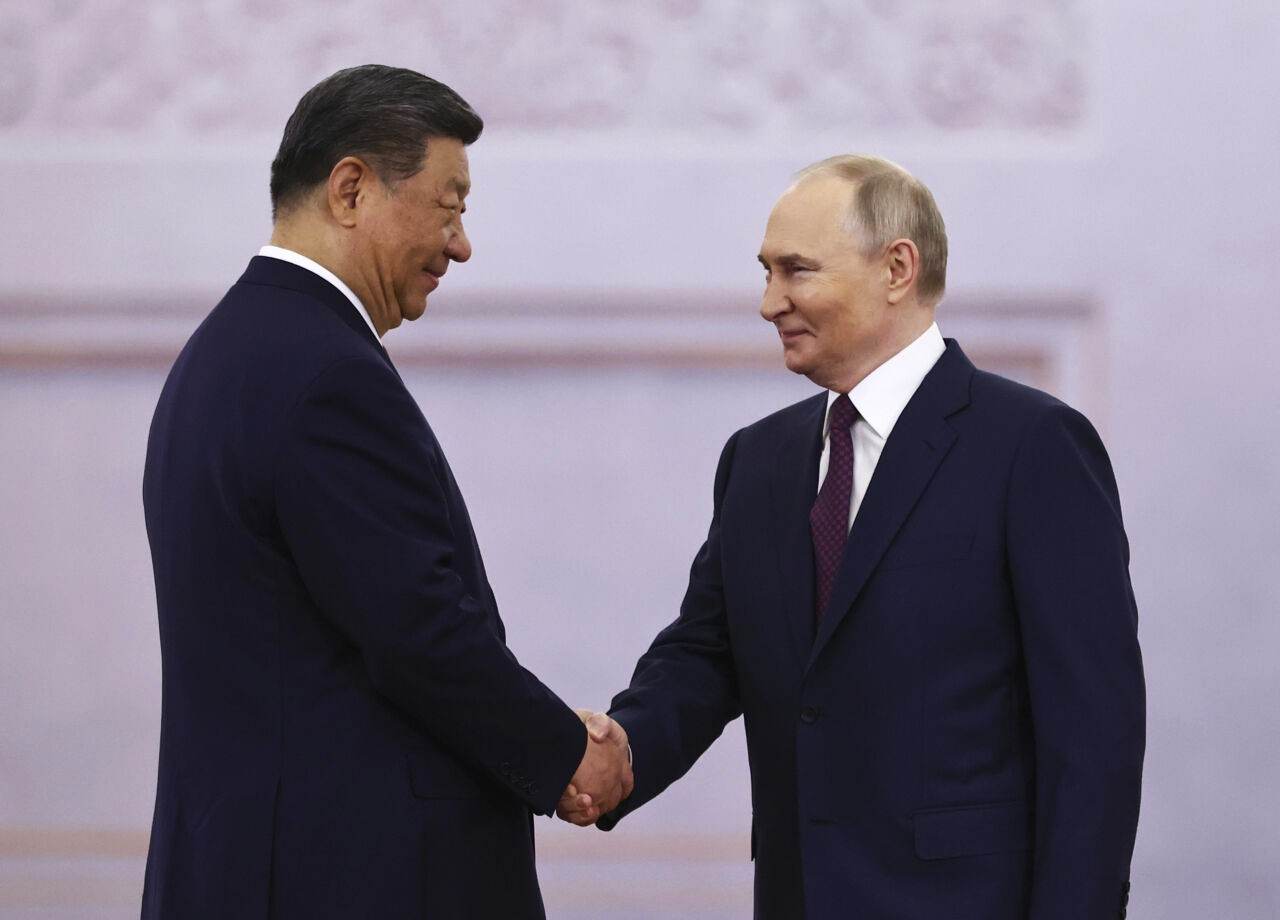Social media
European democracies under attack from North America
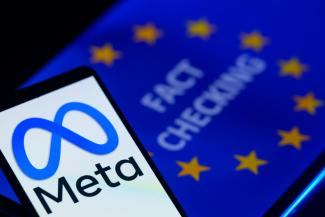
Elon Musk is the richest man on Earth and owns X/Twitter. He keeps insulting German Chancellor Olaf Scholz and Britain’s Prime Minister Keir Starmer in his posts. In January, he also published a conversation with Alice Weidel, the leader of Germany’s far-right AfD. It included lies such as Adolf Hitler having been a communist rather than a right-wing extremist. Musk told German listeners to vote for the AfD. Like populist outfits elsewhere, it has a tendency to promote moneyed interests.
Last year, Musk spent $ 270 million to support Donald Trump’s election campaign. His pro-Trump posts on X may have been worth another $ 100 million to judge by what it costs to promote a tweet. After he endorsed the twice-impeached former president, moreover, his own – and other right-wing accounts – suddenly became much more popular. According to the Queensland University of Technology in Australia, the X algorithm was probably tweaked at that point.
Misleading “free speech” rhetoric
Musk has a track record of attacking democracy in Brazil. He is now turning against elected leaders in Germany and Britain. He claims their governments are suppressing the freedom of speech online. He fails to mention that corporate algorithms play a key role in what messages are distributed to how many users. It is noteworthy, moreover, that he does not demand free speech from China’s dictatorial regime, on which his Tesla business depends.
EU legislation, of course, does not restrict free speech. It is designed to prevent the spread of lies, hate speech and anti-democratic propaganda. Accordingly, very large platforms with masses of users have a legal duty to moderate messages and to take down harmful disinformation they are aware of.
After Musk bought Twitter two years ago, moderation efforts were relaxed, and right-wing extremists were allowed back onto the platform. Now that Musk is intervening in Germany’s election campaign, the European Commission should force X to adhere fully to European law.
No time to lose
The Commission must not lose time. Adding to the urgency, Mark Zuckerberg, whose corporation Meta owns Facebook, Instagram and other digital platforms, has announced he will follow Musk’s example regarding fact checking and content moderation. This multi-billionaire too has adopted a misleading freedom-of-expression rhetoric, downplaying the relevance of algorithms.
Many media pundits argue that Zuckerberg is opportunistically trying to please Trump, after having banned him for two years because of the 6 January riot. They probably miss something. Zuckerberg may well be using Trump, not caving in to him. The Silicon Valley titan says he wants the new USA administration to put pressure on allies that regulate social media.
There is evidence of Meta platforms doing harm. In Myanmar, genocidal messages were spread on Facebook. Moreover, social media can hurt teenagers’ mental health. Zuckerberg never showed much interest in these things, and his success depends on as many people as possible spending as much time as possible on Meta platforms. Messaging that stimulates anger, envy, hate and other negative feelings helps to glue users to their screens. It thus maximises profits.
So far, Zuckerberg is discontinuing fact checking and moderation only in the USA, but he would obviously like to do so in Europe too. The EU must insist on its rules. Democratic societies need a minimum level of trust in the public sphere. What Musk is doing and what Zuckerberg hopes to copy only undermines trust.
Dystopian present
Just how dystopian society becomes in a post-truth era became clear in the USA shortly before Trump’s second inauguration. In mid-January, Los Angeles was burning. Months of severe drought had turned vegetation into perfect tinder, and strong winds fanned the flames. On social media, right-wing climate deniers, including Trump himself, were posting slurs, blaming everything on the supposed incompetence of California’s elected officials.
The EU must get its act together. European democracy is normally not under attack from North America, but it is happening now. It is similarly unusual, that, apart from former EU member Britain, the BRICS+ member Brazil may be the EU’s most important ally in this scenario. Though the government of President Lula da Silva generally opposes western hegemony, both it and the country’s independent judiciary have proven determined to fight back against digital giants that are run by oligarchs.
Hans Dembowski is D+C’s former editor-in-chief.
euz.editor@dandc.eu


